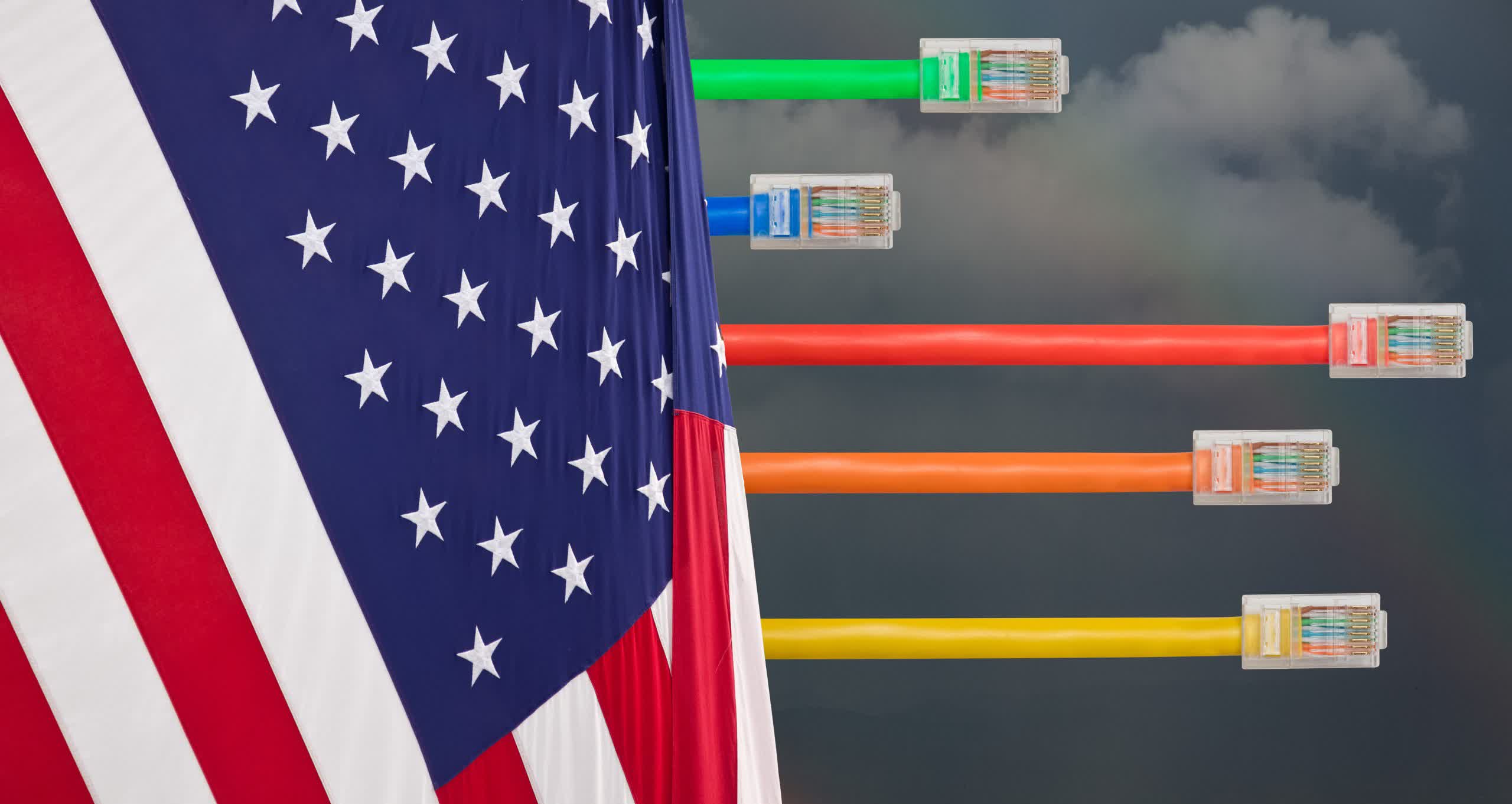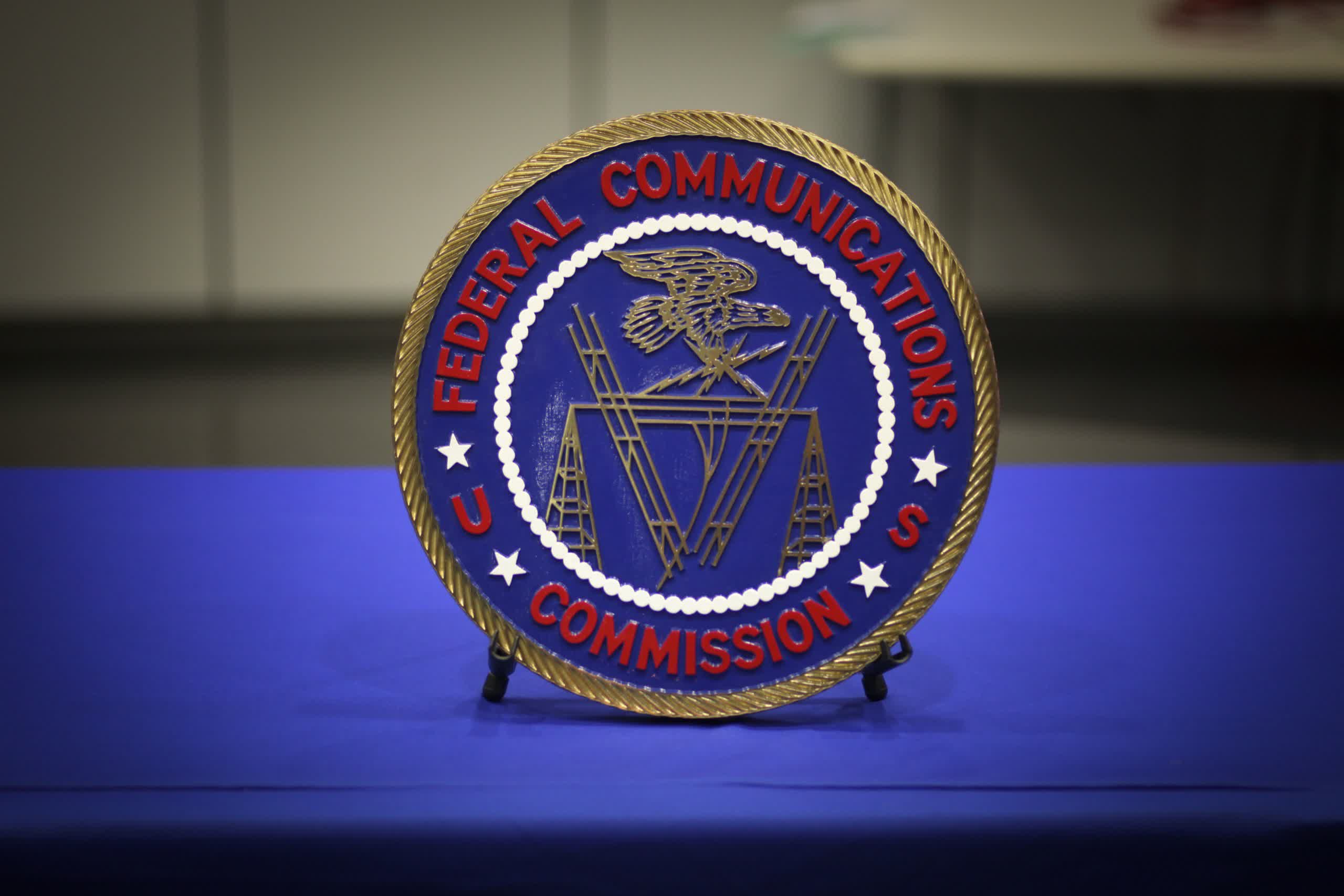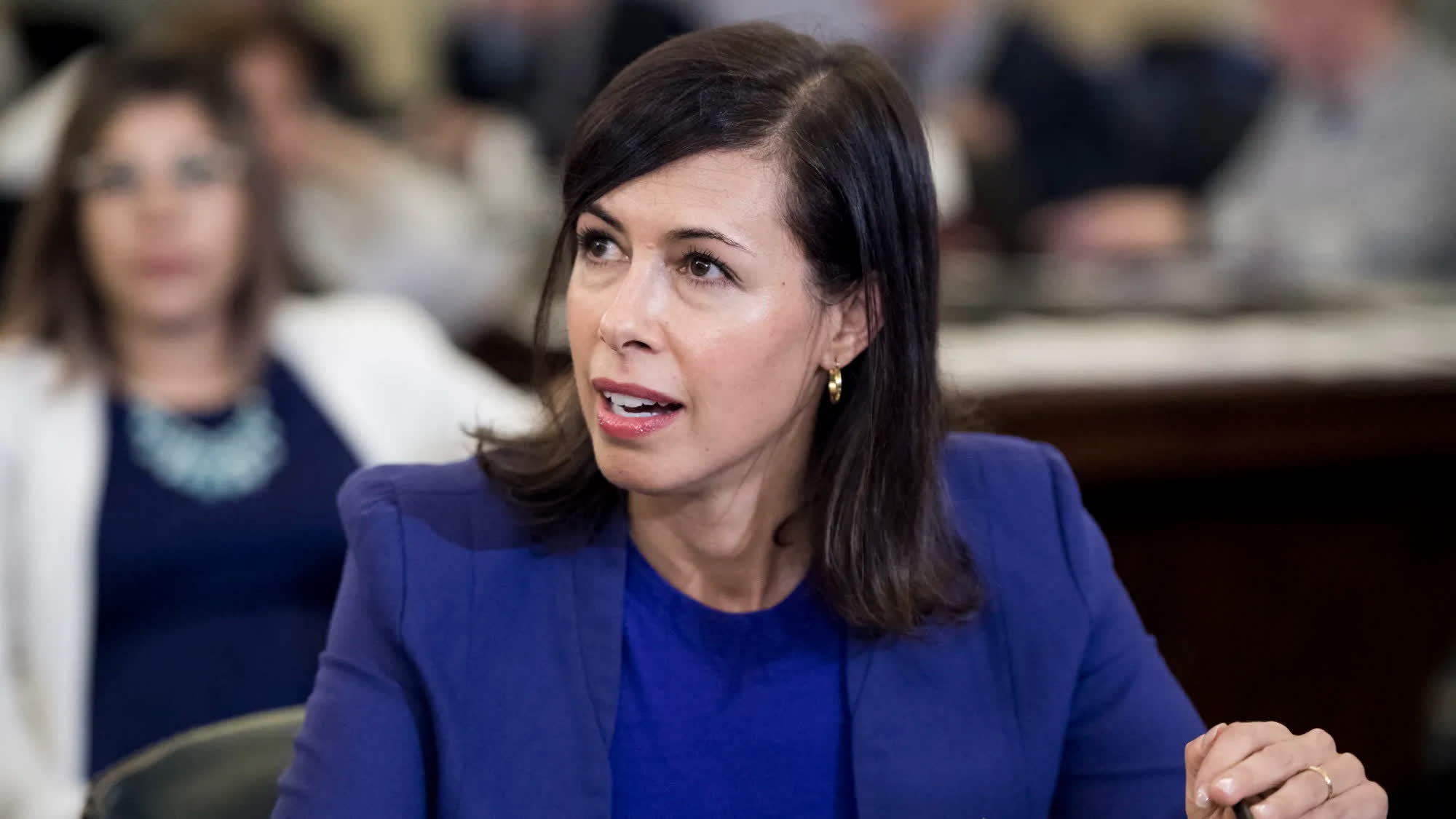Recap: The Federal Communications Commission has faced increasing public pressure to revise its definition of high-speed broadband internet, a need that became more evident as the pandemic heightened society's dependence on home internet. However, the FCC's ambitions extend beyond current advancements. Its long-term objective is to promote widespread adoption of gigabit internet.

This week, the FCC established a new minimum standard to evaluate whether Americans have access to high-speed broadband internet. The update to 100 Mbps for downloads and 20 Mbps for upload speeds marks a significant departure from the previous baseline of 25/3 Mbps set by the Commission in 2015. The new rule allows the FCC to more critically assess the performance of internet service providers (ISPs) and telecommunications companies.
The decision, reached by a 3-2 vote, reveals that many Americans, especially those in rural and tribal areas, lack access to adequately fast internet, with service providers failing to expand their networks swiftly enough.

According to the FCC's report, now sourced from the Broadband Data Collection instead of Form 477, approximately 24 million Americans were without access to broadband in December 2022. This figure includes 28 percent of rural Americans and 23 percent of individuals in tribal areas, excluding satellite services.
Moreover, 36 percent of rural residents and 20 percent of those on tribal lands, accounting for nine percent of the U.S. population, lacked access to mobile 5G service with minimum speeds of 35/3 Mbps. A total of 45 million Americans were unable to access both standards.
This decision follows a bipartisan request from senators three years prior, urging the FCC to raise the benchmark to 100 Mbps for both uploads and downloads. The pandemic, which forced many to work and study from home, underscored the critical importance of high-speed internet access and brought the digital divide into sharper focus.

FCC Chairwoman Jessica Rosenworcel
FCC Chairwoman Jessica Rosenworcel commented on the impact of the pandemic in her statement regarding the new policy. "The pandemic vividly highlighted our digital divide," she observed. Additionally, commissioners Geoffrey Starks and Anna M. Gomez praised the Affordable Connectivity Program, an initiative aimed at reducing broadband costs for low-income Americans, which is anticipated to face funding shortages next month.
Conversely, dissenting opinions from commissioners Brendan Carr and Nathan Simington emphasized the progress telecoms have made independent of the new regulations and questioned the FCC's revised methodology. Carr noted, "By any standard, there has been significant progress in the availability of high-speed broadband."
Looking ahead, the Commission is encouraging ISPs to strive for broader access to internet speeds of 1 Gbps for downloads and 500 Mbps for uploads. As of December 2022, 26 percent of school districts had not achieved this standard.
https://www.techspot.com/news/102287-fcc-now-defines-broadband-100-mbps-minimum-ndash.html